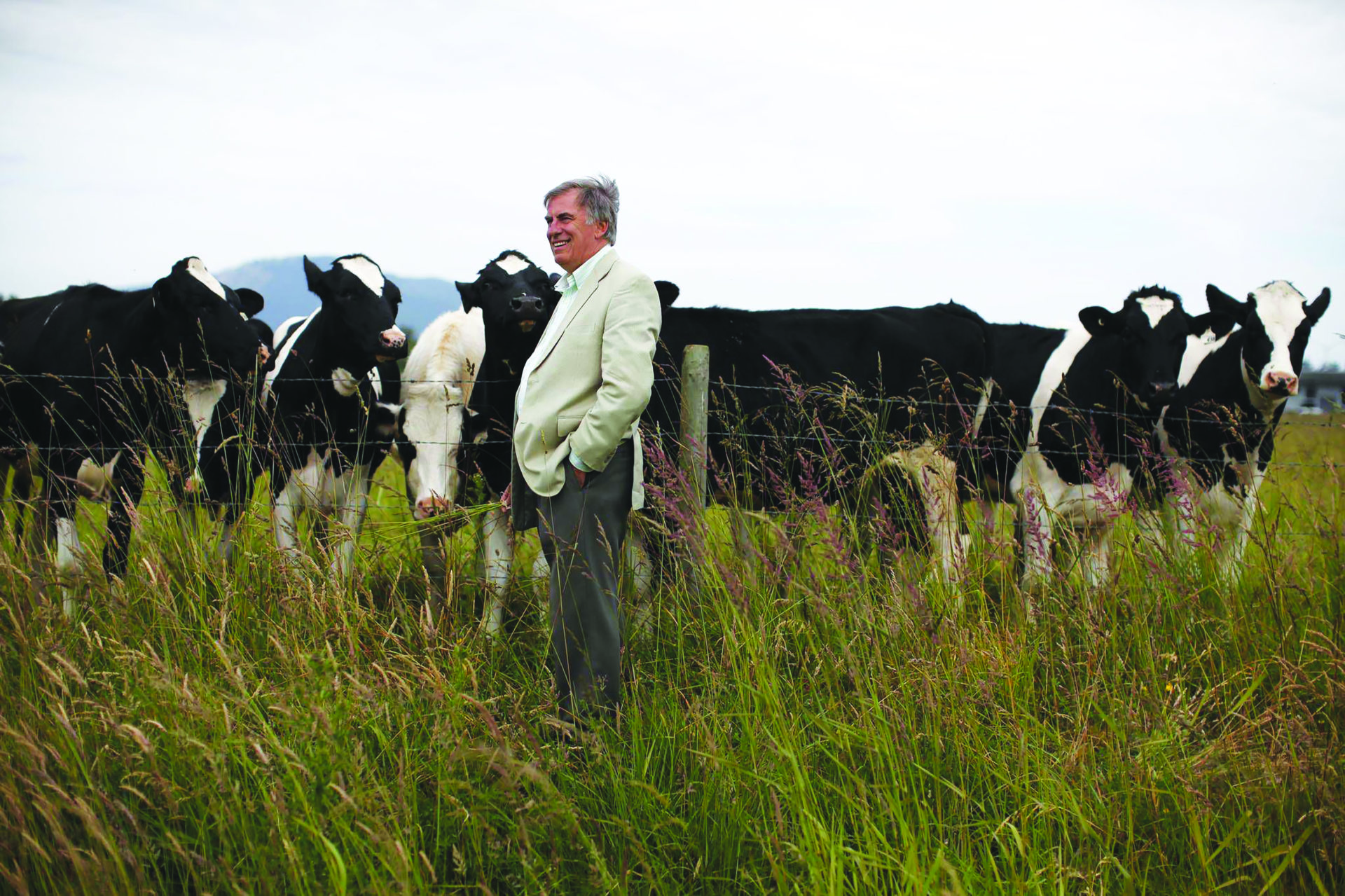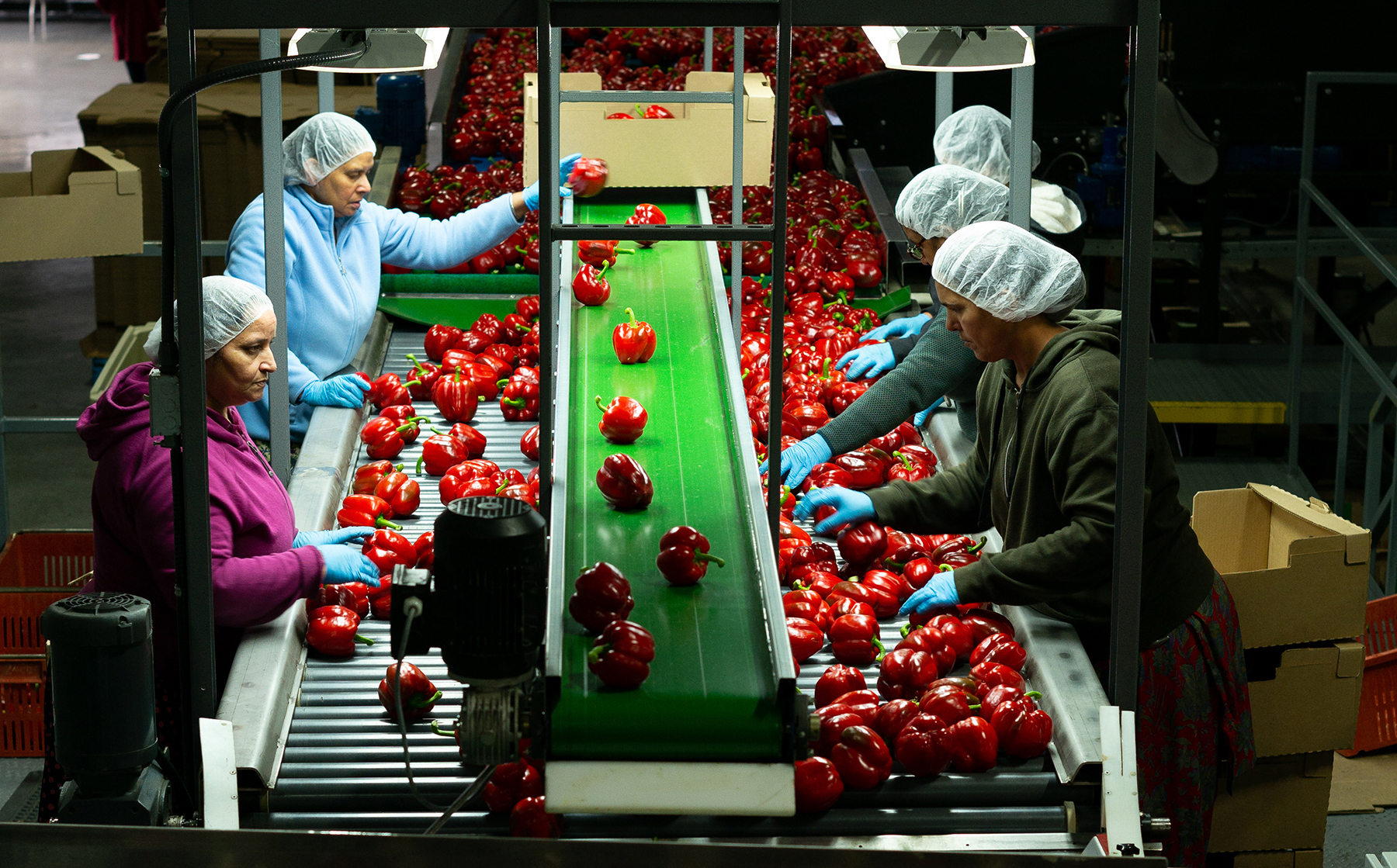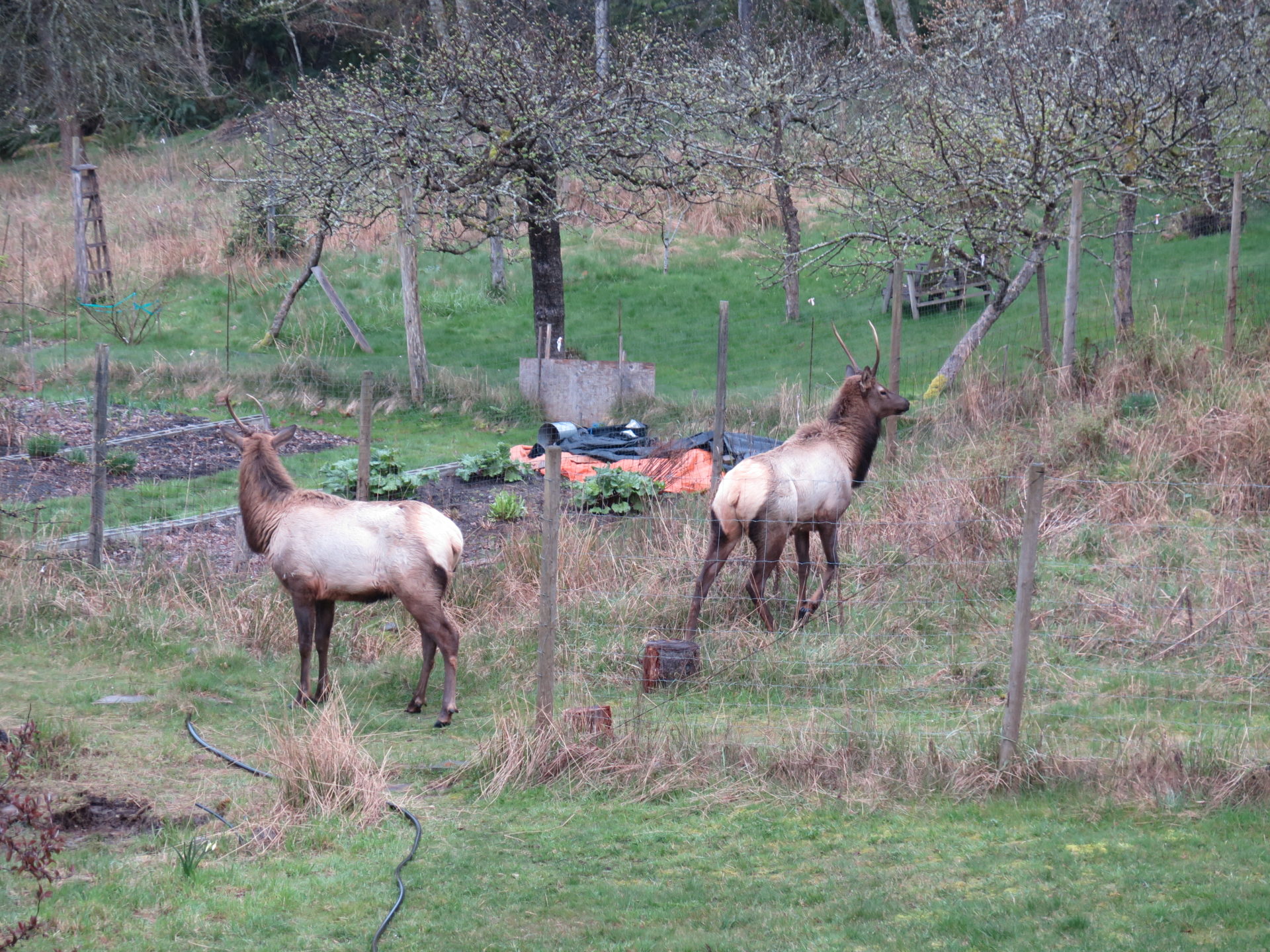VICTORIA – The outgoing chair of the Agricultural Land Commission believes it’s in good hands as the province prepares to receive recommendations for its revitalization.
The province appointed Frank Leonard chair of the commission in 2015 following the abrupt termination of Richard Bullock. Leonard’s completed his three-year term and his appointment was not renewed.
“I enjoyed it. I’m grateful to have served in that role, and I’m certainly going to miss it,” Leonard told Country Life in BC. “I think I’m the only one who kept telling people I was not likely to be reappointed. … It wasn’t so much the job I was doing, it’s just the flavour I’ve had in my past life around politics. So I get it, I was prepared for it, though I’m disappointed to leave.”
Leonard served as mayor of Saanich from 1996 to 2014, and previously worked in his family’s tire business. His career led to several involvements with municipal government organizations.
Leonard has now been replaced by Jennifer Dyson, a Vancouver Island water buffalo farmer who was most recently chair of the nine-member panel charged with gathering public feedback and reviewing options for revitalizing the Agricultural Land Reserve.
Dyson’s appointment sends a clear signal that the province is keen to implement recommendations of the panel, which will draft its report under the leadership of vice-chair Vicki Huntington.
Leonard believes he’s leaving the commission in good hands. Key staff, including CEO Kim Grout, remain in place and the commission continues to enjoy the larger budget granted it under former agriculture minister Norm Letnick.
“The biggest difference I made was in changing the management and in managing the change. I’ve had people, even on social media, comment that they thought that the land use decisions I made were appropriate and consistent with the legislation,” he said, acknowledging that social media can make reputations as well as break them. “People didn’t see a difference in the land use decisions. … Applications that were taking more than two years when I arrived [were] being done in 90 working days when I left. People were still getting ‘yes’ or ‘no’ as appropriate [but] they were getting the answer a lot sooner.”
When he was appointed, Leonard said the best way to protect the ALR was to ensure that the farms within it were financially viable. This is in sync with the arguments BC agriculture minister Lana Popham has put forward, and the thrust of several comments made during both formal and informal discussions regarding the future of the ALR during the recent consultation, which ended April 30.
However, Leonard worries at the exact shape revitalization may take, given the political differences between the current government and that of the BC Liberals.
“There’s some nostalgia for the ALR prior to the Liberals bringing in legislation that changed it,” he says “I’m hoping ‘revitalization’ isn’t a cover word for ‘back to the future.’”
While the two-zone structure introduced in 2014 has been “less than successful,” Leonard says regional panels that allow landowners to make a case to local commissioners are important.
“I wouldn’t fight very hard to keep the zones but the panels, I think, have been very successful,” he says. “Doing site visits, having face-to-face contact with applicants, have just given us so much more credibility with applicants and with stakeholders, rather than having people meet in Burnaby once a month and make decisions. It’s much more respectful to applicants to have local people on their property listening to them and letting them tell their story.”
Bullock, for his part, continues to advocate for farmland protection. Shortly after his dismissal in May 2015, just seven months before the end of his five-year term, he gave a presentation to the Institute for Sustainable Food Systems at Kwantlen Polytechnic University (KPU) in Richmond that framed his termination as politically motivated.
BC NDP agriculture critic Lana Popham told Country Life in BC at the time she agreed, calling Bullock’s termination, “a completely incompetent decision.”
“He has always championed agriculture, and he knows how important it’s going to be in our future,” she said. “That is not something that this current government wants to hear.”
KPU hopes Popham gives Bullock a more sympathetic hearing. KPU asked him to write the foreword to its recent white paper on farmland protection. The paper aimed to challenge free market ideals in order to ensure farmland is valued for food production, and used for that purpose.
“The ALC is positioned to move to the next stage, one in which the ALR is accepted as simply being a part of who we are,” Bullock wrote in his foreword. “The minister must be bold in her recommendations to move this key legislation forward. At this juncture,


 Minimum wage hike squeezes farm margins
Minimum wage hike squeezes farm margins